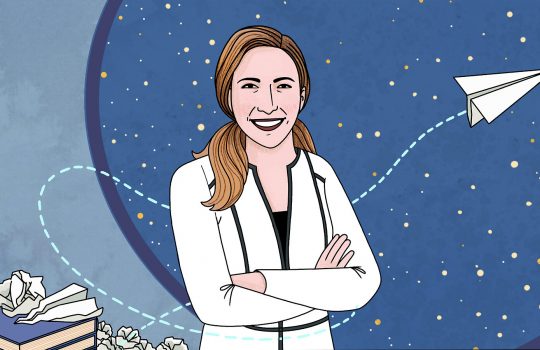BAS Summit 2022—building automation at national laboratories
From Contemporary Controls: Fermilab hosted the second annual Building Automation Summit as an opportunity for the engineers, technicians, and managers from the various national labs to exchange knowledge and best practices. Postponed twice due to the pandemic, attendees said it was great to have an in-person event again.


